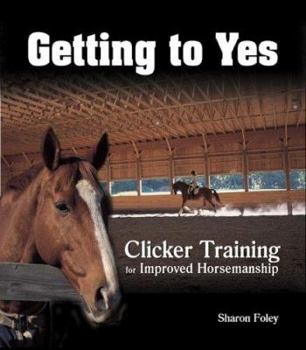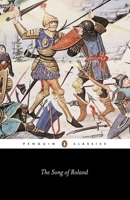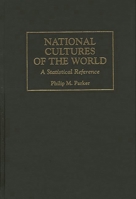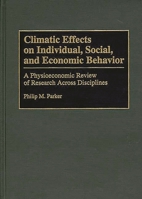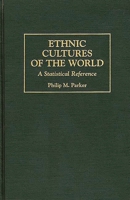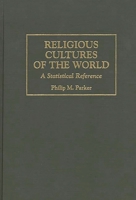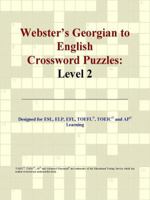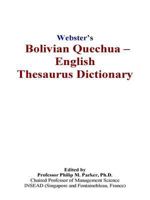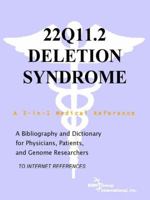Getting to Yes: Clicker Training for Improved Horsemanship
Select Format
Select Condition 
Book Overview
Whether you're a novice handler, advanced rider or have used other training methods in the past, this book can help strengthen the relationship between you and your equine companion by teaching you how to develop and perfect skills for stand-out riding with a well-mannered horse. This description may be from another edition of this product.
Format:Paperback
Language:English
ISBN:0793832004
ISBN13:9780793832002
Release Date:January 2007
Publisher:TFH Publications
Length:304 Pages
Weight:1.35 lbs.
Dimensions:0.7" x 7.1" x 7.9"
More by Philip M. Parker
Customer Reviews
1 customer rating | 1 review
There are currently no reviews. Be the first to review this work.











